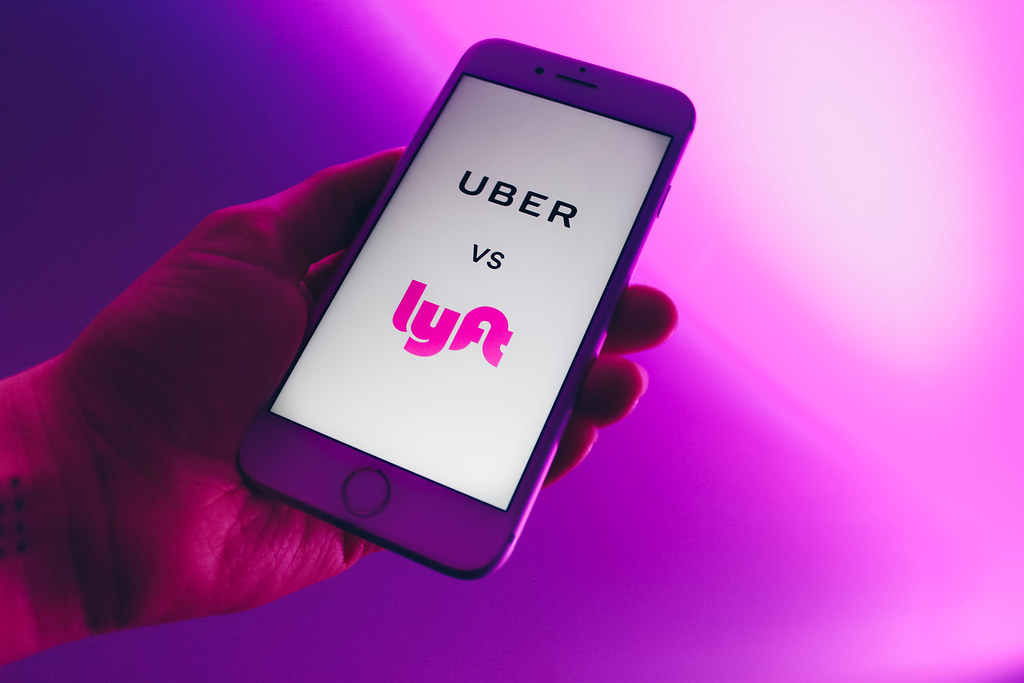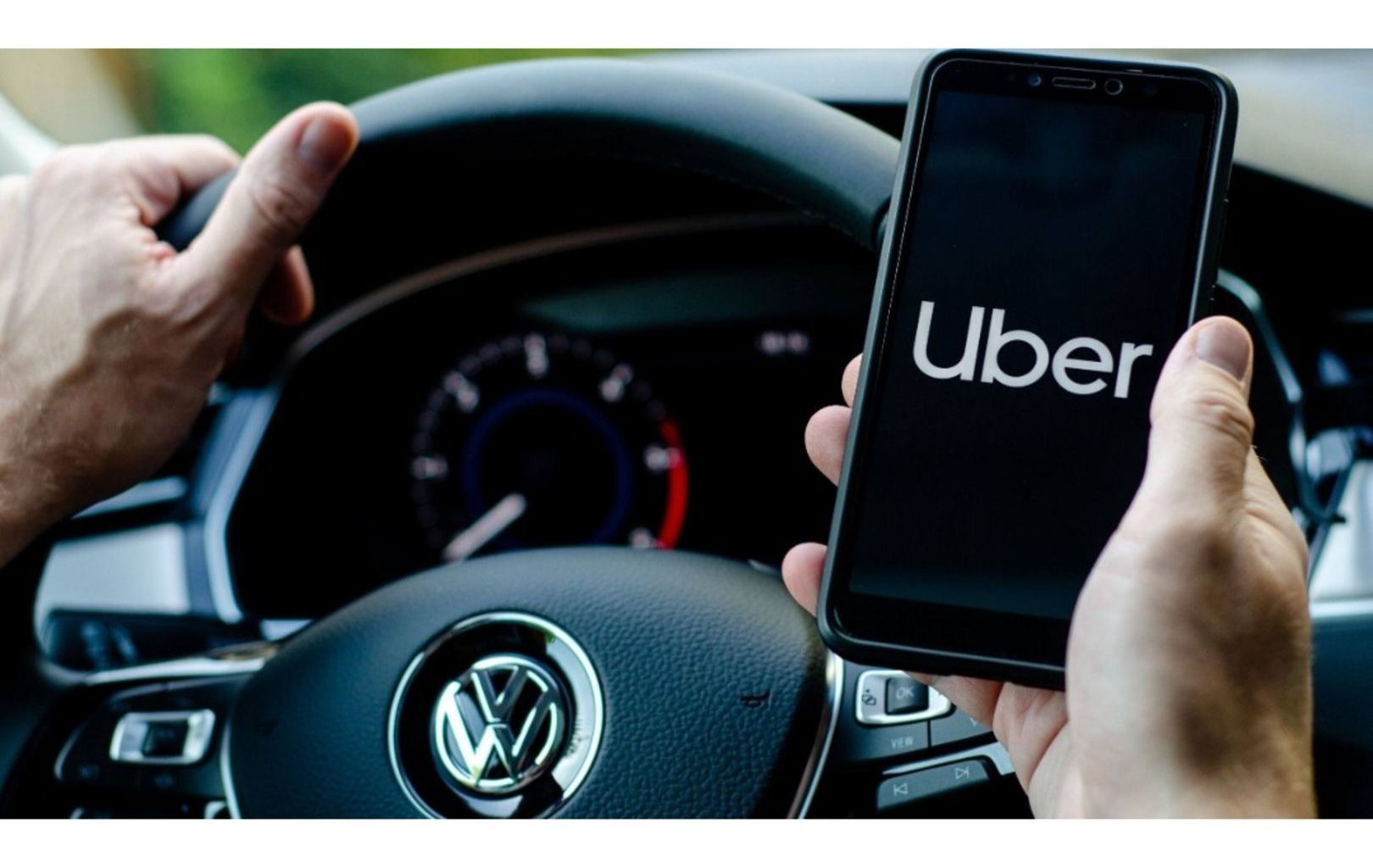U.S. courts have determined that “gig” economy companies like Uber and Lyft can legally continue to consider their employees as independent contractors in the Golden State.
The California Court of Appeal ruled that Proposition 22, a ballot initiative regarding labor laws, was constitutional.
Some workers and labor organizations argued that the proposal violated workers’ rights to sick leave and other benefits.

The companies said the proposal safeguards other advantages, such as adaptability.
A lower court in California had previously ruled that Proposition 22 limited legislative authority to establish minimum worker protections; this new verdict reverses that finding.
The ruling was overturned on appeal by California and an industry consortium including Uber, Lyft, and others.
Worker classification as independent contractors was upheld by a three-judge bench at the appeals court on Monday. Nonetheless, it did strike down a provision of Proposition 22 that would have limited workers’ rights to engage in collective bargaining.
Following the close of regular trading, shares of both Uber and Lyft rose by over 5%.
“Today’s verdict is a triumph for app-based workers and millions of Californians who voted for Prop 22,” Tony West, chief legal officer of Uber, stated.
“We’re thrilled that the court respects the will of the voters and that Prop 22 will remain in place,” Mr. West said.
When asked about the concept, Lyft claimed it “protects the independence drivers value and delivers them new, historic benefits.“
The Service Employees International Union, which had challenged Proposition 22’s constitutionality along with a number other drivers, has indicated that it is considering appealing the court’s judgment.
Voters in California approved Proposition 22 in 2020, making it possible for freelancers to be treated as independent contractors in the state.
Both Uber and Lyft, who spent a combined $205 million (£168.7 million) lobbying in favor of the proposal, may celebrate a triumph.
Yet, the victory was not without concessions, and businesses were compelled to provide benefits to their employees, such as health and accident insurance.
While some drivers and labor organizations supported Proposition 22, others strongly opposed it. They argued that drivers should be treated as employees and thus be eligible for benefits like paid sick leave and overtime.
The global “gig economy,” which includes industries such as food delivery and transportation, employs tens of millions of people.
Rather than receiving a consistent salary, “gig” employees are compensated for each unique service they provide, such as a meal delivery or a vehicle ride.
Freelancers in the United States are often exempt from a wide range of employment protections, including those guaranteeing a minimum wage or overtime compensation.
The rapid expansion of the ridesharing market has led to a corresponding rise in regulatory scrutiny of companies like Uber and Lyft.












